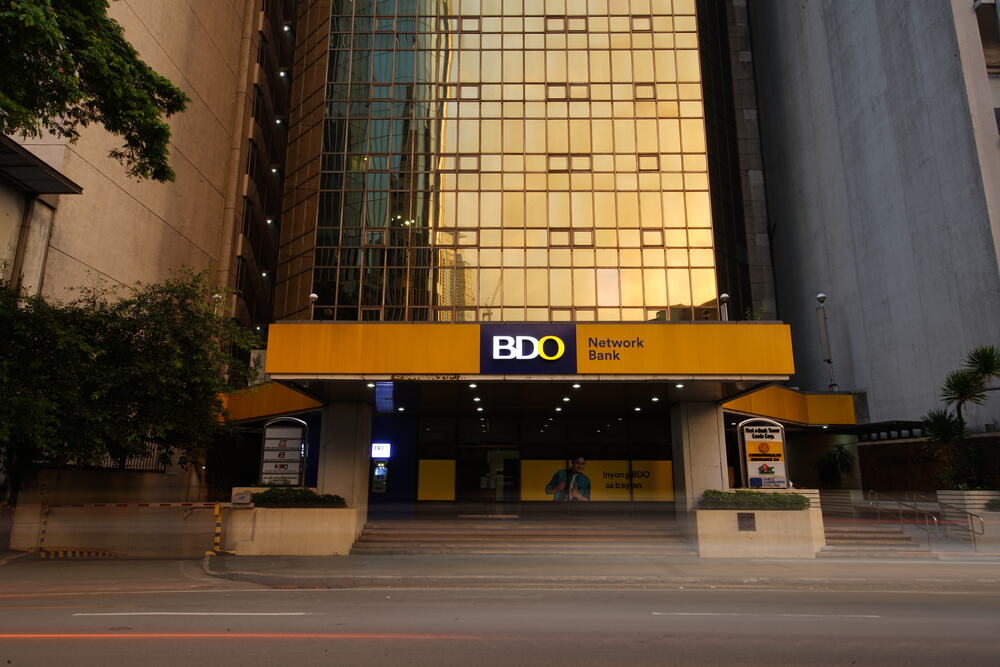Through financial literacy and inclusive banking initiatives
THE debt-related challenges faced by individuals in our local community are multifaceted. These challenges include limited access to financing from banks with reasonable terms, a lack of knowledge about debt acquisition and management–especially for first-time borrowers–insufficient risk management to mitigate unforeseen events like calamities, fires, or family illnesses, and inadequate financial buffers to cover disruptions in cash flow, such as delays in collection, supply chain breaks, and personal or family expenses.
Income levels and employment status are critical economic factors influencing debt handling. Both factors impact the ability to access financing and the capacity to repay debts and maintain a positive credit standing for future loans.
While these debt-related challenges generally apply to all community members, urban and rural areas may experience slight variations. Disparities in individual and business productivity and efficiency, influenced by factors such as infrastructure, can affect the ability to access and service debt. For instance, urban areas may benefit from superior infrastructure, enhancing their debt accessibility and service capabilities.
Various government and private sector initiatives aim to bolster local communities, particularly micro, small, and medium enterprises (MSMEs). These initiatives encompass the promotion of the digital economy, the establishment of rural banks in underserved areas, and the introduction of fintech products and services. Such developments have facilitated the flow of goods, services, and cash, positively impacting local lives and economies.
Family dynamics play a pivotal role in debt decisions, often involving joint decision-making by spouses. Financial responsibility within households is commonly shouldered by women, who often act as the finance keepers.
Peer influence is also significant, with colleagues in companies or MSMEs frequently emulating each other’s borrowing behaviors. Observing peers successfully take out loans can be a positive example, encouraging others to view loans as viable and beneficial.
Why financial education is key
Financial education emerges as a crucial factor in enhancing debt management. Elevating financial literacy is instrumental in preventing unnecessary or excessive debt, as many individuals accumulate debt due to a lack of awareness and sound financial planning.
Government institutions, such as banks, the Bangko Sentral ng Pilipinas (BSP), and the Department of Trade and Industry (DTI), actively engage in financial literacy programs. Digital applications further contribute to providing quick and accurate information for informed decision-making.
As the community banking arm of BDO Unibank, BDO Network Bank (BDONB) endeavors to provide accessible banking services to residents within the community in which it operates. Offering its services in areas with limited financial institutions, BDONB provides deposit, loan, and investment products to boost local economies, especially in rural areas. Their credit structures are designed to foster capital building and achieve financial goals, focusing on loans that support small businesses and individuals in realizing aspirations such as home acquisition, education, and income diversification.
“We are present in areas with limited financial institutions to provide deposit, loan, and investment products for the community. We lend and provide payment and collection services to MSMEs to boost local economies, especially in rural areas,” BDONB said. “We go to public schools located in far-flung places so that we can offer loans, deposits, and investment services to our public servants. Our branch officers promote financial literacy, especially savings, by holding less intimidating, small-group forums among farmers and fishermen and opening deposit accounts.”

Managing finances
Credit card prevalence is limited in BDONB’s communities, with informal lenders often charging high costs. To manage debt effectively, the bank encourages individuals to prioritize needs over wants, budget monthly, utilize bank accounts for savings and investments, manage risks, avoid overspending, and ensure timely and full repayment of debts.
Beyond the higher cost of living in underserved communities, a funding gap arises due to growing needs and expenses outpacing incomes. Individuals must proactively manage consumption behavior and explore income-generating options.
Employers play a vital role in promoting financial literacy among employees. Access to savings programs, meaningful loan programs, investment products, and insurance can improve employees’ economic conditions and protect them from financial deterioration.
The digital era has facilitated easier, faster, and more cost-effective debt access. However, it has also diminished the personalized experience for borrowers to comprehend the risk and return concepts inherent in financial and debt management decisions. While the older generation relies on friends, family, and cooperatives, the younger generation embraces banks and digital channels. Both government and private sectors must continue expanding financial access to communities.
Common misconceptions about borrowing include the belief that it is inherently wrong, that short-term loans are preferable, and that borrowing from banks is challenging. BDONB promotes responsible borrowing to dispel these misconceptions, offering longer-term loans with equal monthly installments. Its account officers provide personalized assistance throughout the loan application process, ensuring fast and convenient financial services.
“We structure our credit purposefully to help build capital and achieve financial goals. We focus on ‘good’ debt loans that can help grow small businesses, individuals, and families achieve financial aspirations such as home acquisition and improvement, continuing education (especially of public school teachers), diversification of household income,” BDONB added. “We support our customers in our communities by giving them access to financing with reasonable terms instead of the more expensive option of loan sharks. We also promote term loans that require fixed monthly installments to prevent debt obligations ballooning to an unmanageable level.”
Government programs encouraging responsible debt management, such as credit surety fund cooperatives, financial literacy initiatives, and COVID-related Bayanihan programs, play a crucial role. Banks are well-equipped to provide financial advice, actively promote borrowing for positive financial objectives, and instill financial discipline through structured payment schemes and timely reminders.




